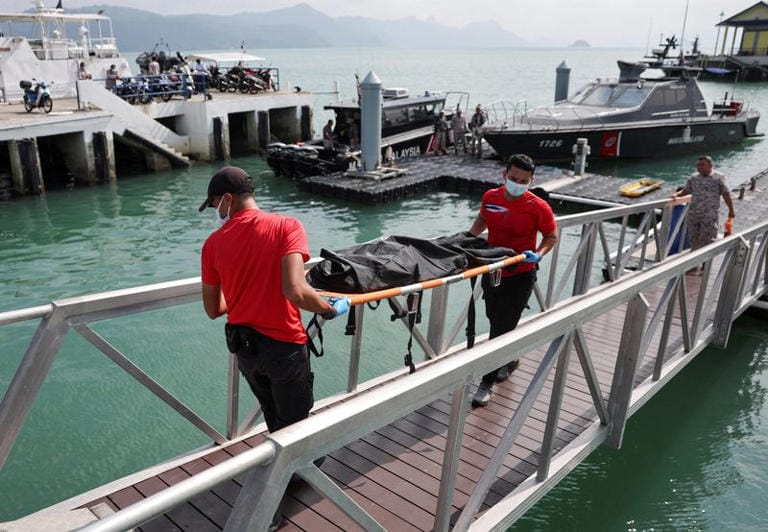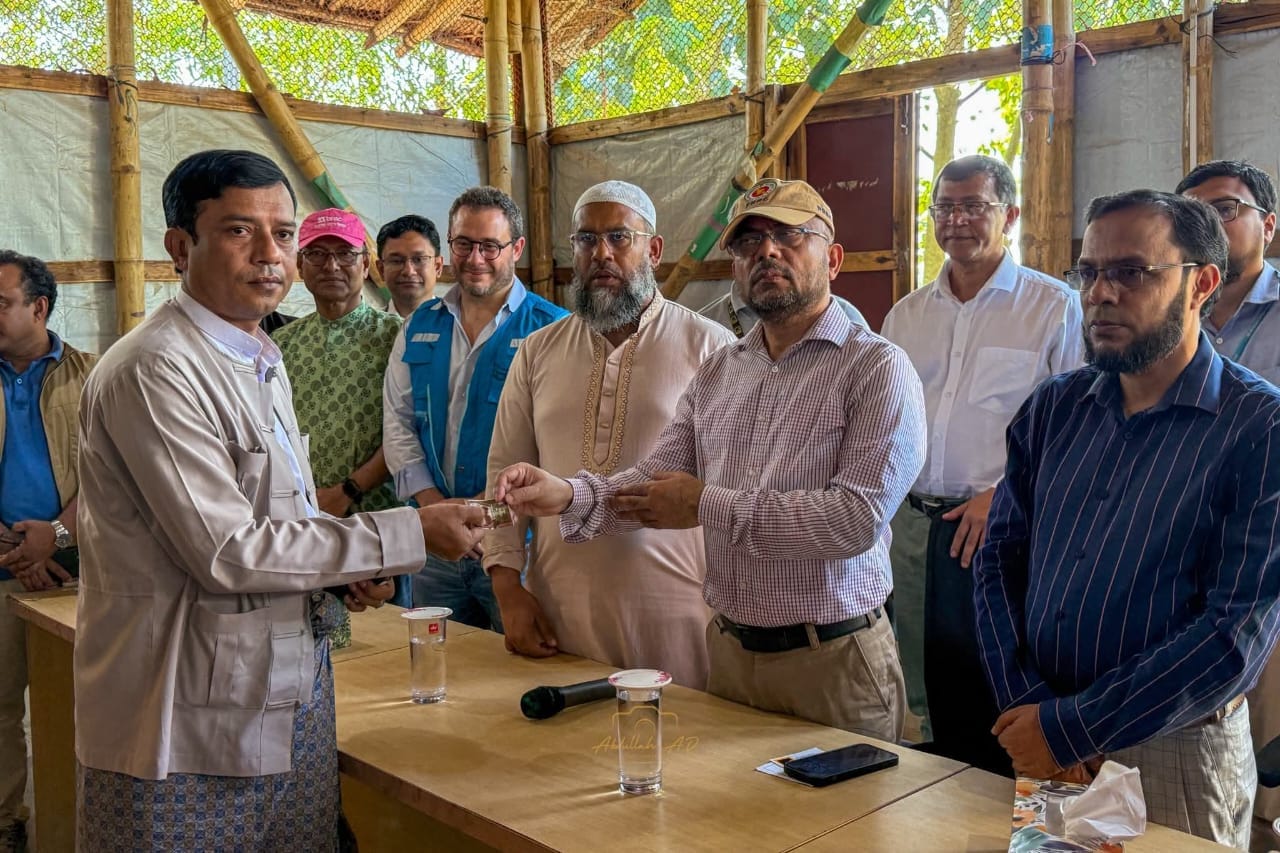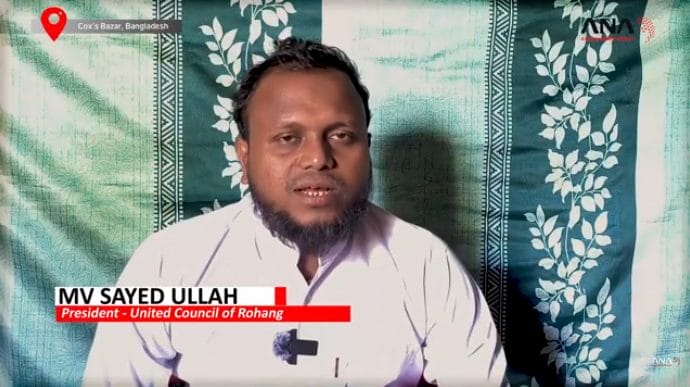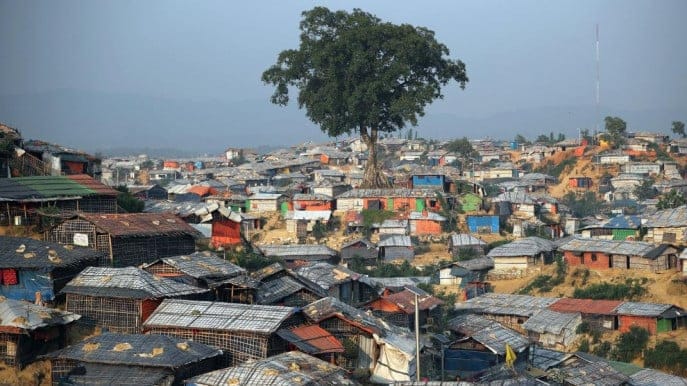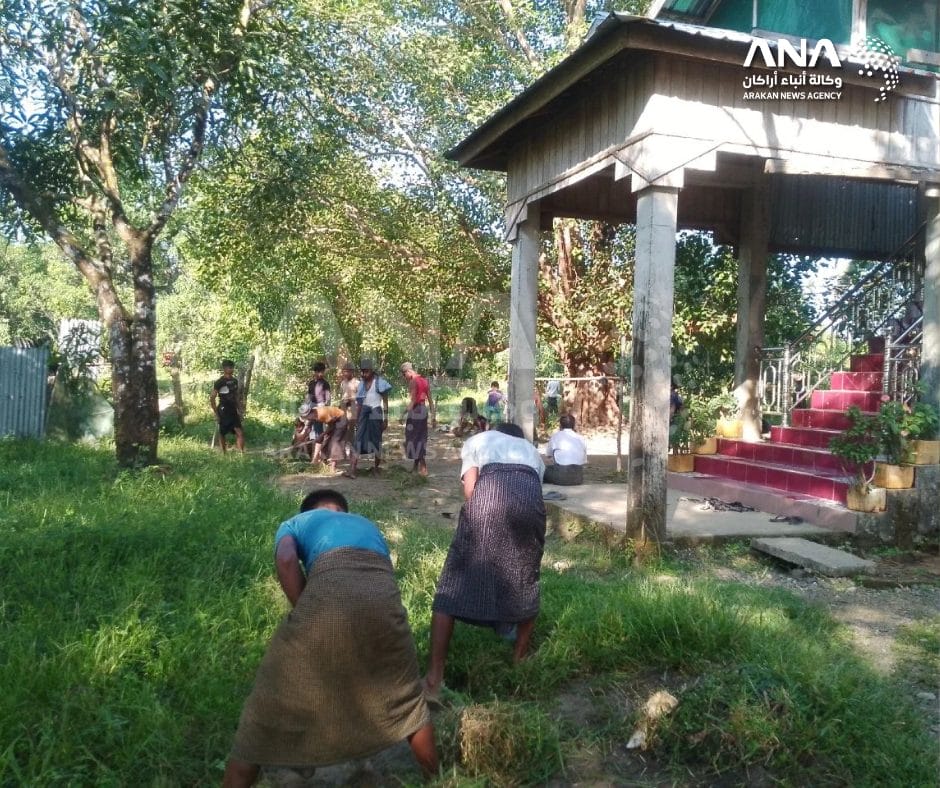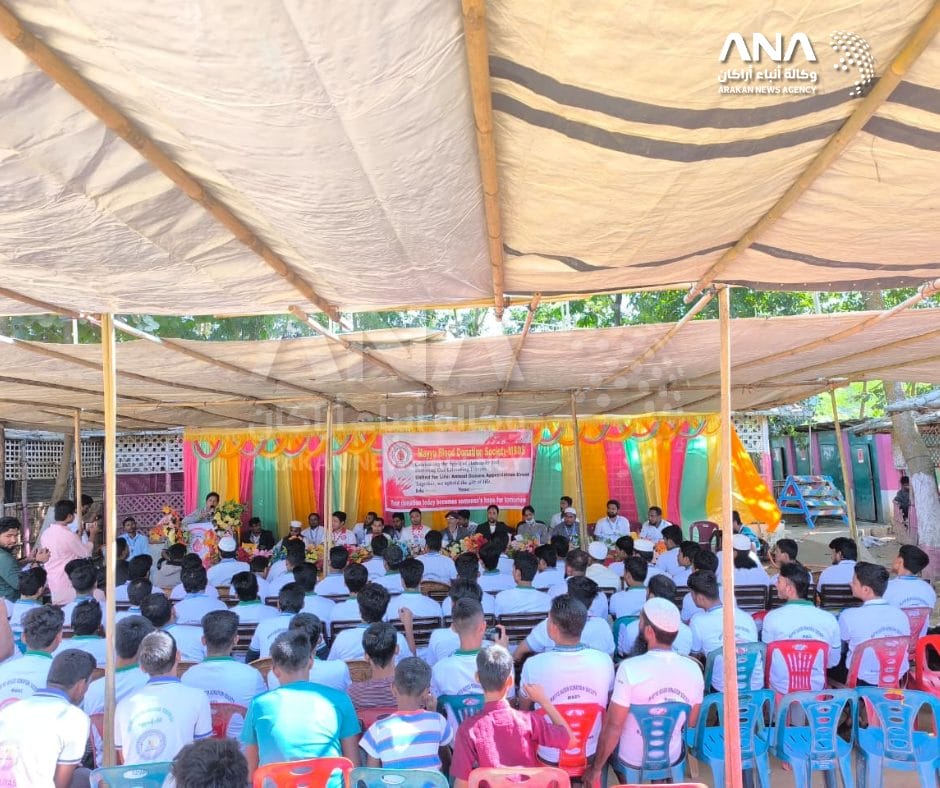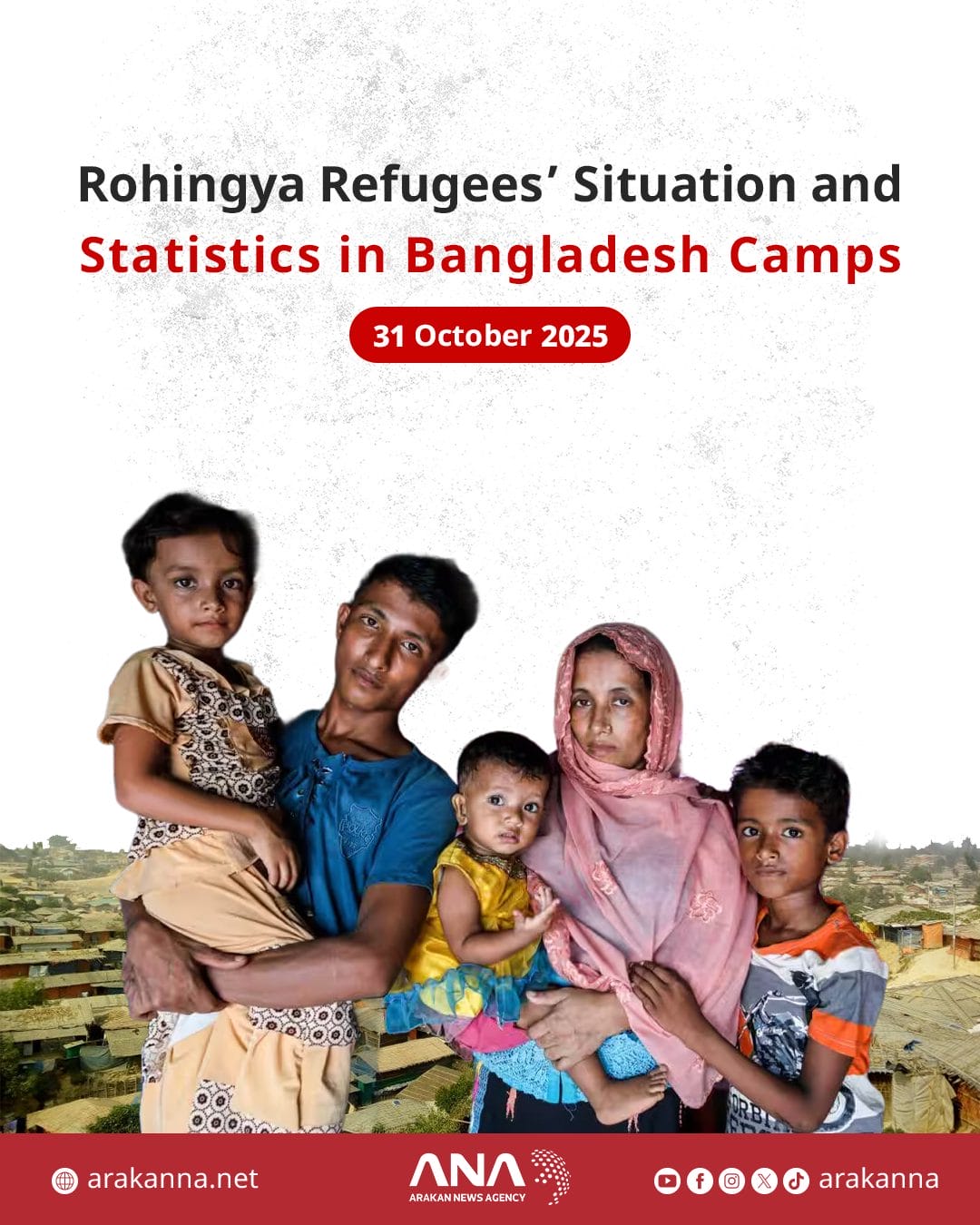Arakan News Agency
A senior medical official in Bangladesh stated that the prevalence rate of Hepatitis C among Rohingya refugees in the Cox’s Bazar camps in Bangladesh has reached one in five adults.
Dr. Sarwar Jahan, the medical coordinator at the Office of the Relief and Refugee Repatriation Commissioner, explained that the infection rate among Rohingya refugees is extremely alarming, noting that there are currently about 100,000 infected adults, raising concerns about the spread of the disease among the local population, according to The Daily Star newspaper on Monday.
More than 70% of approximately half a million adult Rohingya refugees in the camps have been screened so far, and preliminary data shows that 30% of them carry the virus, and 20% have been confirmed to have an active infection. Additionally, a project is being implemented to treat 100,000 infected individuals, aiming to reach 50,000 of them by 2026.
The official also indicated a 2.3% infection rate among the local populations in the Ukhia and Teknaf areas, compared to the national Bangladeshi rate of 1.1%, stressing the importance of awareness regarding safe medical practices, such as proper blood testing and the use of single-use syringes and razor blades.
The newspaper quoted a Rohingya refugee named Hasina who fled to Bangladesh ten months ago with her husband and four children, saying she was diagnosed with the disease during childbirth in 2020. She believes the virus was transmitted to her through unsafe medical practices in Myanmar, including untested blood transfusions and contaminated syringes. Recent tests conducted by Médecins Sans Frontières (MSF) have shown that she and her two sons are infected with the disease.
The newspaper also quoted the refugee Shamsul Islam expressing his deep concern that the disease, which he and his wife suffer from, might spread to their children amid this large outbreak.
Between 2020 and 2024, Médecins Sans Frontières screened 30,000 adults in the camps, of whom 17,000 were positive, and more than 10,000 completed treatments with a success rate of 95%. The organization now plans to treat an additional 30,000 patients next year through three hospitals serving nine camps.
The International Organization for Migration confirmed that the early months of this year witnessed a significant spread of Hepatitis A among Rohingya refugees in Bangladesh.
The Rohingya fled in massive numbers from Myanmar to Bangladesh as a result of the genocide campaign carried out by the Myanmar army against them in 2017, and waves of escape continue to renew since the resumption of fighting between the Myanmar army and the Arakan Army (the separatists) in November 2023, where the Rohingya face siege, killing, property burning, and forced recruitment by both sides. More than one million Rohingyas live in the Cox’s Bazar area camps, which are classified by the United Nations as the largest refugee camp in the world.


